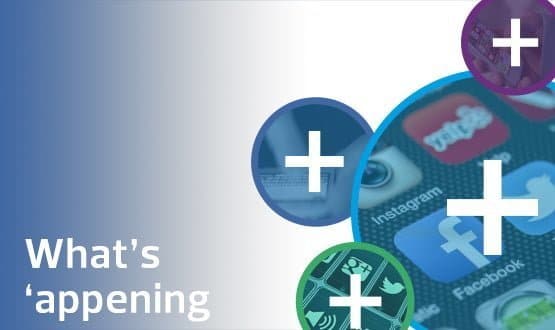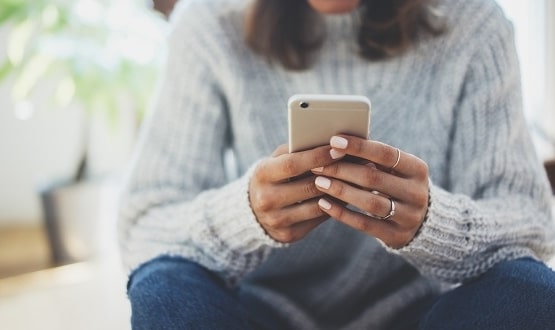Mobile health and apps news in brief

This month’s mobile apps round up features news that a new study in the BMJ found majority of mental health apps have clinical involvement but more academic involvement was needed. Plus a new campaign has been launched in Scotland which is encouraging more people to use their mobile phones and tablets to control and manage their own health.
Majority of mental health apps have clinical involvement
A study published in the BMJ found the majority of web and smartphone apps recommended for stress, anxiety or depression have clinical involvement.
The study used data collected from a survey sent to developers of NHS e-therapies in October 2015 – the results were published this month.
A total of 36 out of 48 app developers responded. The results were: 12 out of 13 web apps and 20 out of 34 smartphone apps have clinical involvement in their development.
Nine out of 13 web apps and 19 out of 34 smartphone apps indicated having a psychological approach or theory behind their app.
But more academic involvement and published research might be needed.
Just nine out of 34 smartphone apps indicated academic involvement in their development and the same number of apps indicated published research evidence relating to their app.
Ten out of 13 web apps and 10 out of 34 smartphone apps indicated having other evidence relating to their app.
The study concluded that as an increasing number of developers are looking to produce e-therapies for the NHS, it is essential they apply clinical and academic best practices to ensure the creation of safe and effective apps.
Campaign encourages people to take control of their health using apps
A new campaign launched by NHS Education for Scotland (NES) is encouraging people to make use of everyday technology such as mobile phones and tablets to control and manage their own health, care and wellbeing.
The campaign centres on two new animated resources, which look at how two different people – Bridget and Hew – use technology to improve the way they experience health and care.
Bridget is comfortable using a wide range of devices, while Hew is less familiar with new technologies. Both are able to use technology in their own way to help them take control of their health and care.
The use of technology empowers people to manage their health and care and is seen as part of the response to increasing demands on the care sector, hospital and GP services, challenging NHS, local government and other organisation finances and pressures on the workforce to deliver better care at home or in the community.
Pamela Dimberline, specialist lead for workforce development at NES, said: “Recent years have seen a surge in the availability of accessible and real-time health and wellbeing technology.
“They can help people manage their own health better, stay safely at home for longer and transform the delivery of high quality health and care services.”
Video communication app adds new feature to support deaf community
Video communication app Marco Polo has released a new feature, Flip Front-Facing Camera, to support the deaf and hard of hearing community.
The new feature was created in response to feedback from people who talk using sign language in Marco Polo.
Using Marco Polo, people can send face-to-face messages to their close friends and family every day to stay in touch.
People who use sign language can easily record messages of themselves signing, as well as read people’s lips.
But many people using Marco Polo to sign also mentioned the jarring nature of seeing someone sign with the wrong hand, due to the mirror mode that’s usually enabled in video recordings. Now you can flip the direction of the message so that images don’t appear mirrored.
“We quickly learned that the deaf and hard of hearing community was drawn to Marco Polo and that it had become an essential way for them to stay in touch with the people who matter most in their lives,” said Vlada Bortink, CEO and co-founder of Marco Polo.
“While this was not necessarily a top feature request, one of our design principles is ‘extreme usability,’ and the company is incredibly committed to improvements that enhance anyone’s ability to connect with their family and friends.”




